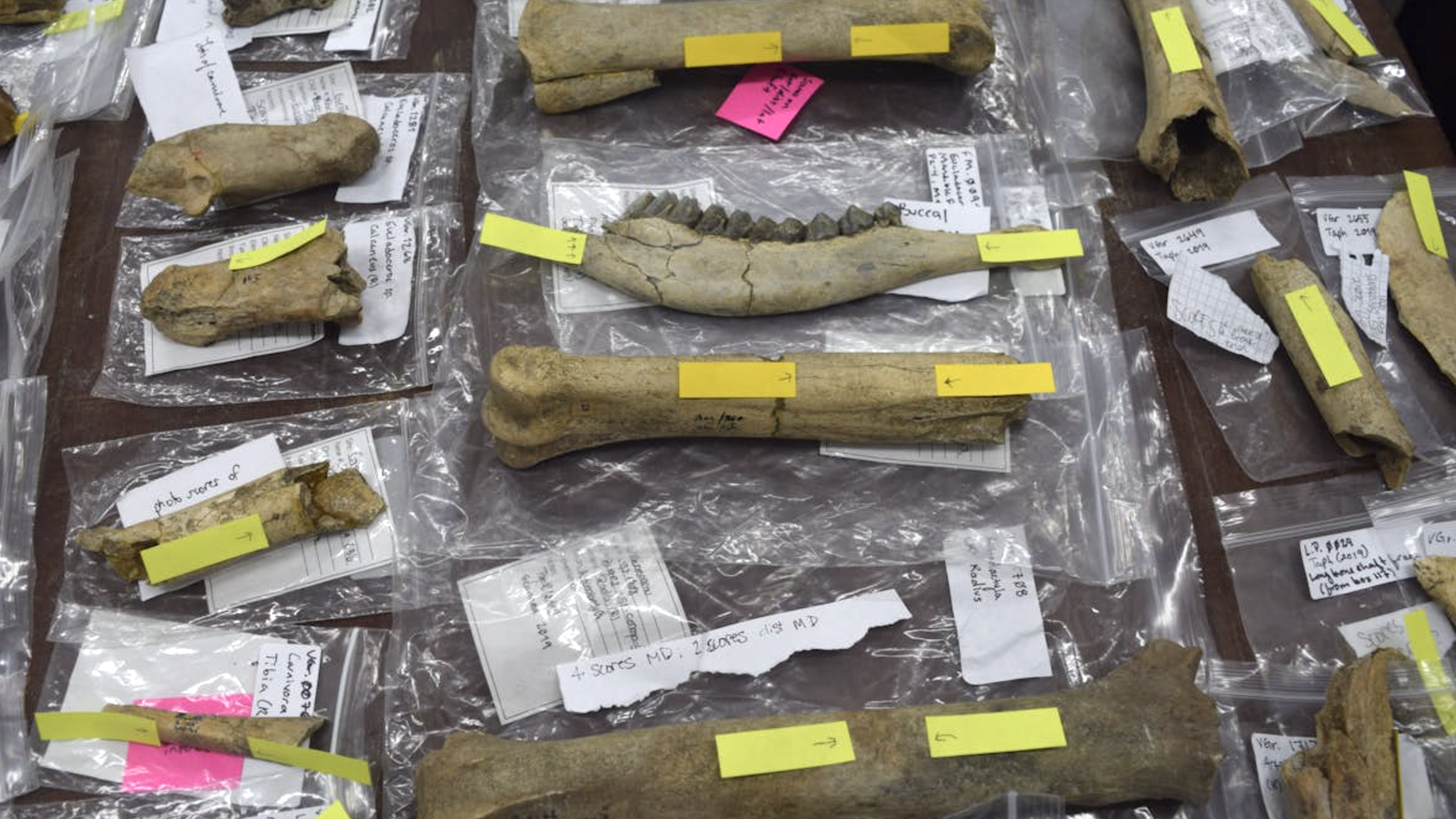Video Game Fights Cancer

A new video game might prove to be a very productive use of time for young cancer patients: It helps kids fight their diseases figuratively and literally.
The game, called “Re-mission,” is a 20-level journey through the bodies of fictional patients suffering from different types of cancer, and of course, it can be played by adults and healthy folks as well. But the primary idea is to give patients a sense of control over their disease.
Players control an animation of a nano-sized robot named Roxxi who blasts cancer cells and battles bacterial infections; gamers must also manage real, life-threatening side effects.
Studies of young cancer patients who played the game showed they were more likely to take their medicine, to undergo treatment and to have a better understanding of their disease, according to CIGNA, the company that distributed the game (the non-profit organization HopeLab created the game).
“It taught me what I was going through and let me be more involved in my recovery,” said 17-year-old leukemia survivor Dan Neumann, in a video released by CIGNA.
Despite the bad rap video games get as addictive and as overly sedentary activities, especially for kids and teens, they can be useful in distracting patients of all ages from the symptoms of their diseases and the side effects of treatments, according to a 2005 editorial in the British Medical Journal written by Dr. Mark Griffiths of Nottingham Trent University.
Griffiths said video games can be useful in pain management, as they focus attention away from painful sensations. They can also distract children undergoing chemotherapy, and several studies reported that children who played video games had less nausea after treatment and needed fewer medications to manage the nausea, he said.
Sign up for the Live Science daily newsletter now
Get the world’s most fascinating discoveries delivered straight to your inbox.
Video games can also be used in physiotherapy and occupational therapy--for example, as a way to increase hand strength—and as a way for children with learning disabilities to develop social and spatial ability skills, Griffiths said.
- Top 10 Mysterious Diseases
- Video: Attention Training and Experimental Video Games
- Study: Playing Video Games Improves Eyesight

Andrea Thompson is an associate editor at Scientific American, where she covers sustainability, energy and the environment. Prior to that, she was a senior writer covering climate science at Climate Central and a reporter and editor at Live Science, where she primarily covered Earth science and the environment. She holds a graduate degree in science health and environmental reporting from New York University, as well as a bachelor of science and and masters of science in atmospheric chemistry from the Georgia Institute of Technology.










